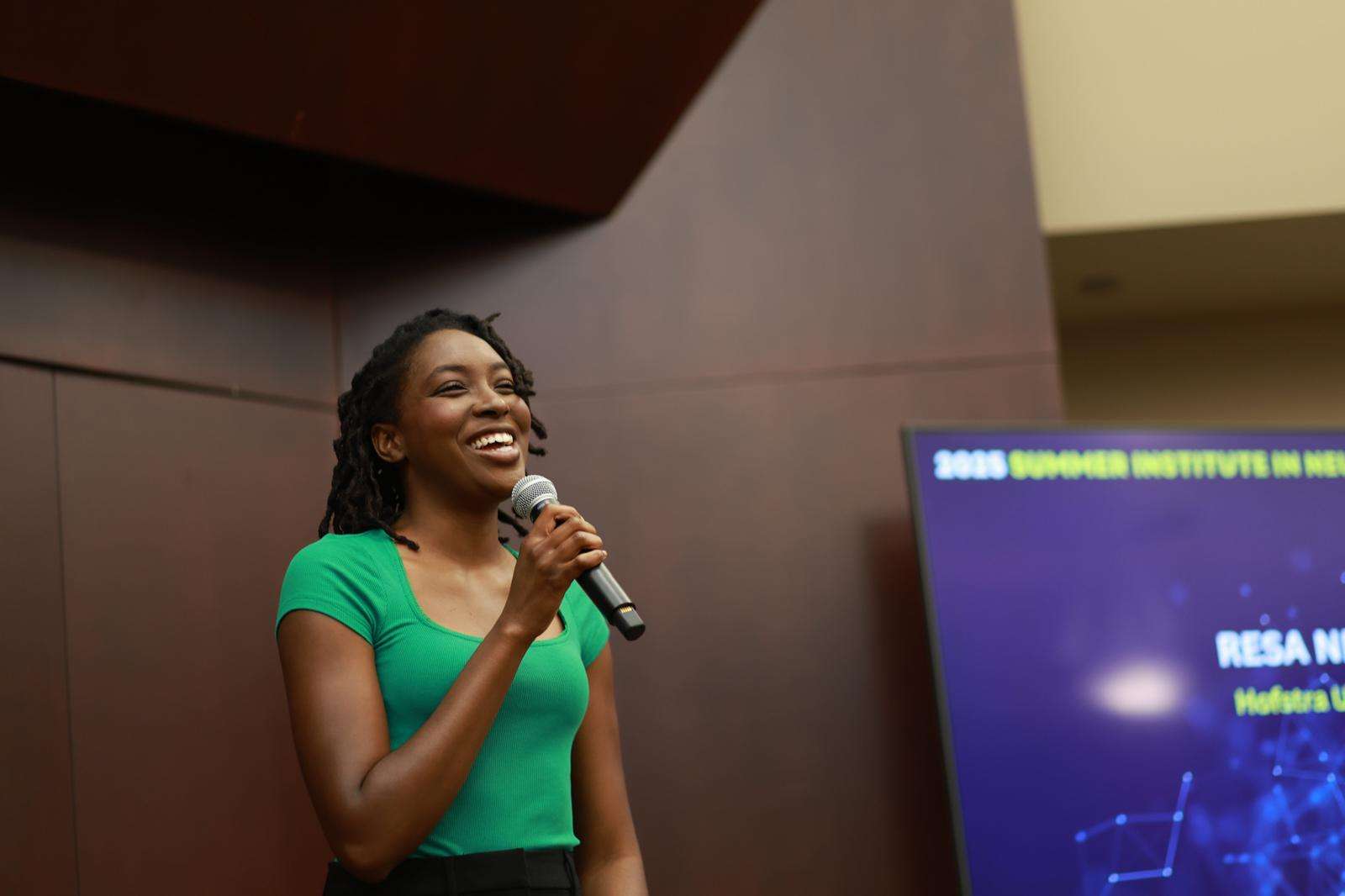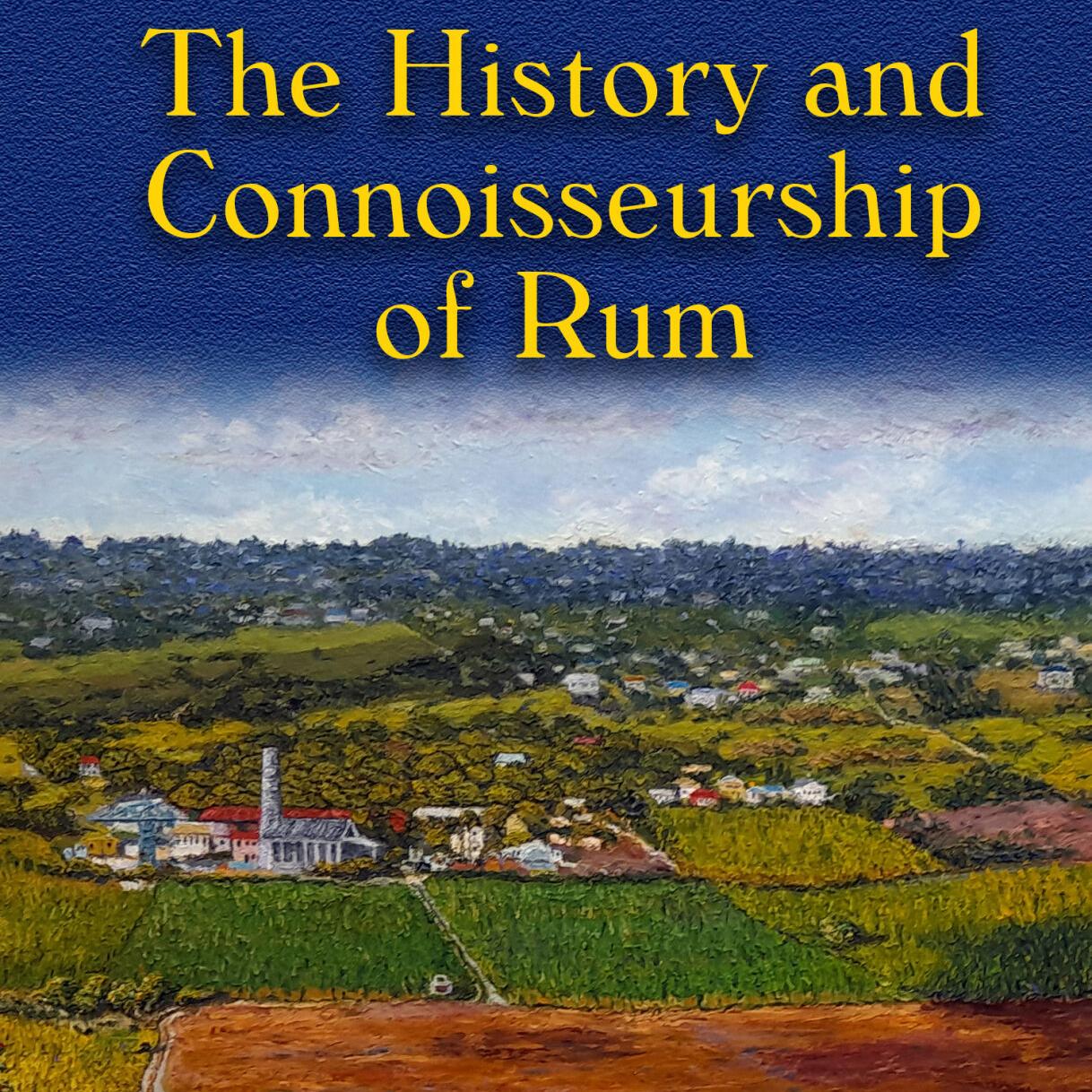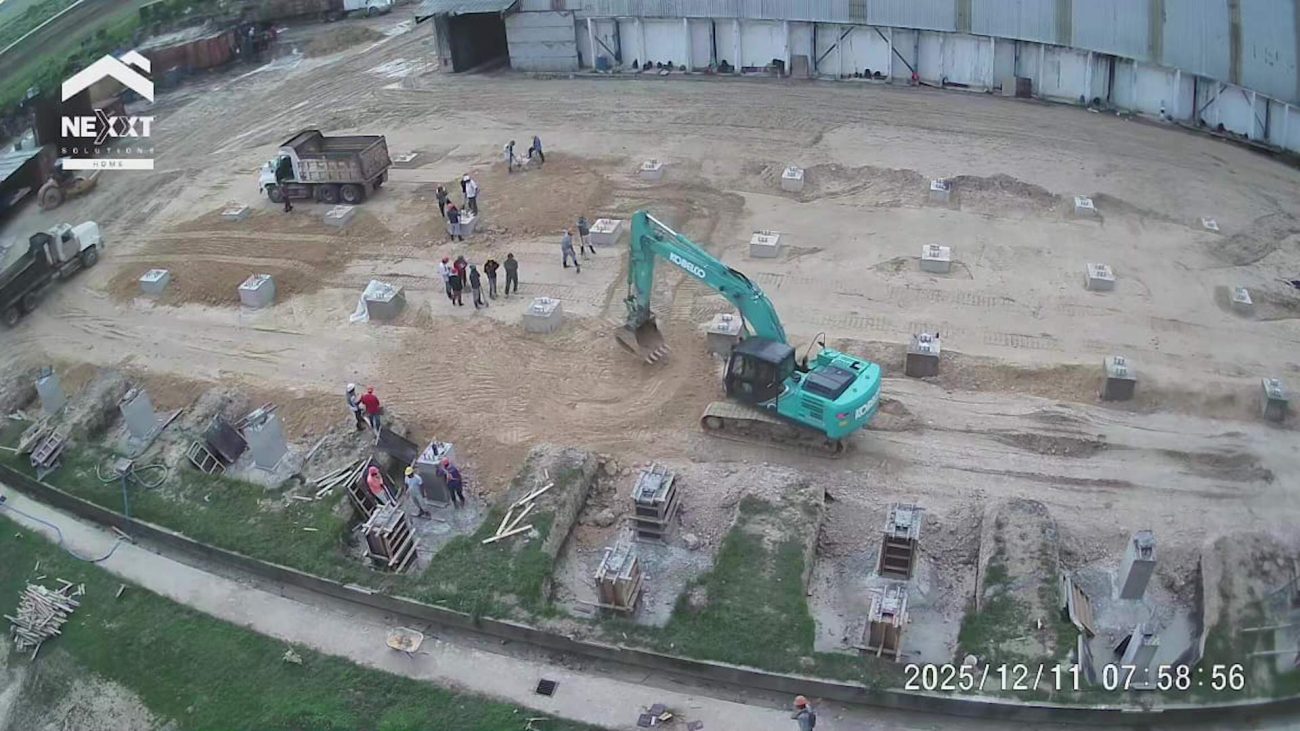11/15/25
Ministry of Agriculture Celebrates Resa B. Nelson as Antigua and Barbuda’s Newest Rhodes Scholar
The
Ministry of Agriculture has extended warm congratulations to
Resa B. Nelson, the country’s newest
Rhodes Scholar, recognizing her as a trailblazing young scientist whose work is shaping innovation in the Caribbean.
Nelson’s journey from
Antigua and Barbuda to
Hofstra University and now to the
University of Oxford reflects her dedication, academic excellence, and fearless curiosity. Her research, which focuses on turning sargassum into renewable energy and other value-added products, is a groundbreaking example of how science and environmental stewardship can intersect with sustainable development.
While her work may not fall under traditional agriculture, the Ministry noted that it aligns closely with Antigua and Barbuda’s broader goals in agro-processing, environmental innovation, and the transformation of natural resources into economic opportunities
Resa represents the best of the nation’s youth: focused, self-driven, unafraid to tackle complex problems, and committed to solutions that benefit communities far beyond herself.
Her achievement underscores the potential of Caribbean youth to lead on global stages through original research and regionally centered innovation. The
Ministry of Agriculture emphasized that Nelson’s success serves as a reminder that the future of science, environmental management, and sustainable industries in Antigua and Barbuda will be shaped by bright minds like hers.
Officials expressed pride in Nelson’s accomplishment and optimism that her work will continue to inspire the next generation of Antiguan and Barbudan innovators.







 www.forbes.com
www.forbes.com





 ianrandlepublishers.com
ianrandlepublishers.com


